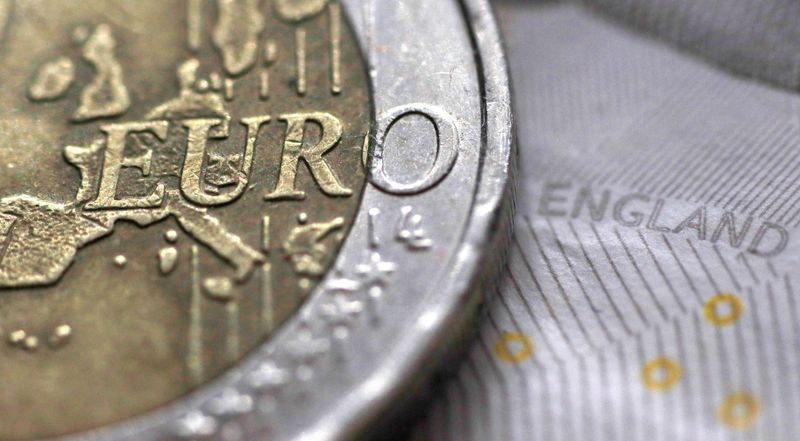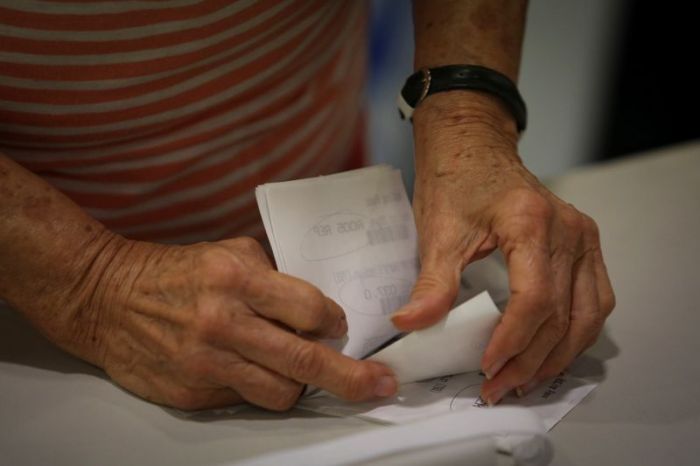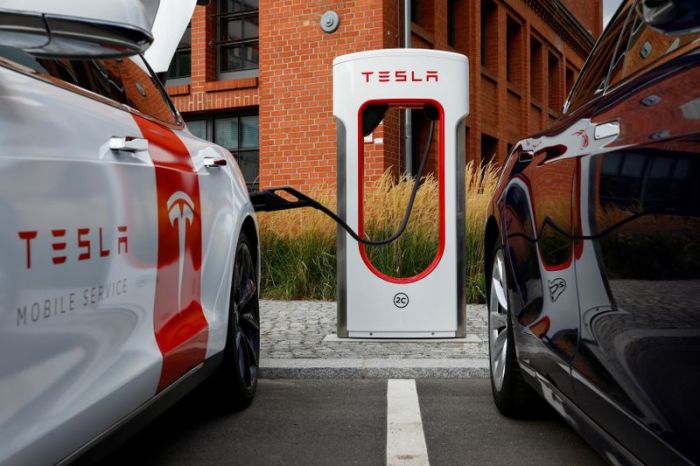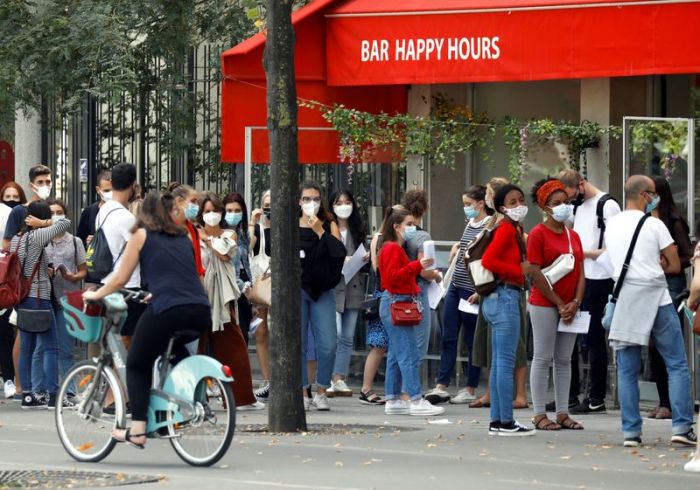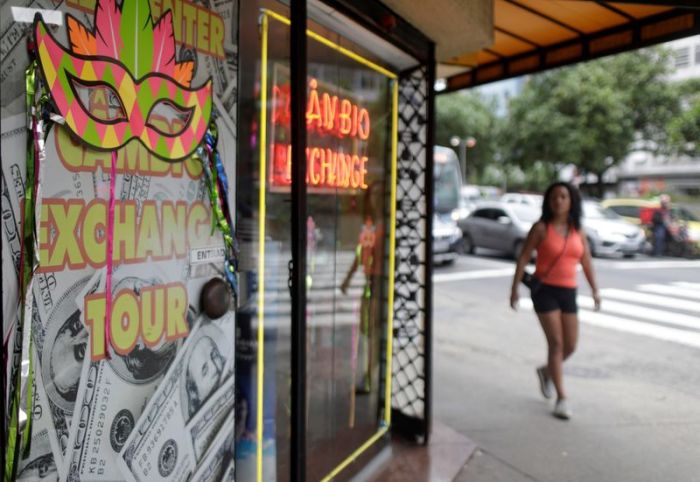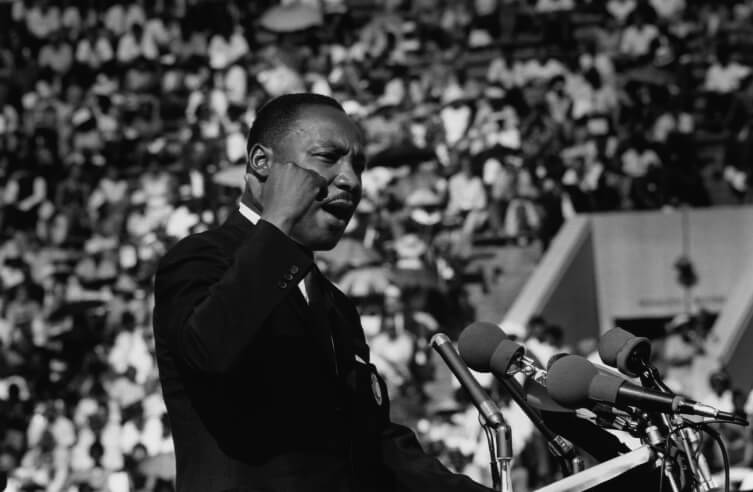NEW YORK (Reuters) – The euro rose for a third straight session against the dollar on Friday, with investors encouraged to push it higher after the European Central Bank showed no sign of stemming the single currency’s appreciation.
At a press conference on Thursday, ECB President Christine Lagarde said the bank is not targeting exchange rates. She also struck a less dovish tone on the euro zone economy, as the ECB lifted its growth forecast for 2020.
After Lagarde’s briefing, sources said policymakers had agreed to look through the euro’s rise, judging it was broadly in line with economic fundamentals.
On Friday, however, ECB policymakers, including chief economist Philip Lane, warned against complacency over low inflation and highlighted risks from a strong euro, nuancing the bank’s benign message from a day earlier.
Since around mid-June, the euro has risen more than 6% versus the dollar.
“There is a feeling here that it’s okay for the euro to be around $1.1750-$1.1850. If it hits $1.1950, it probably starts swinging down,” said Juan Perez, currency trader at Tempus Inc in Washington.
“Overall, ECB policymakers seem to be saying that let’s not overreact about the euro exchange rate,” he added.
In afternoon trading, the euro rose 0.2% to $1.1831 <EUR=EBS>, but posted a second straight week of losses. It did reach a one-week high of $1.1917 on Thursday.
The dollar index <=USD>, which tracks the greenback against other major currencies, was flat to slightly lower at 93.320. The index though showed a second week of gains.
The dollar was little changed against the yen at 106.10 yen <JPY=EBS>.
Friday’s data showing a rise in U.S. consumer prices last month had little impact on the dollar. U.S. consumer price index rose 0.4% last month, after gains of 0.6% in June and July.
Overall, some analysts believe the dollar has scope for further gains as a safe haven amid still heightened uncertainty related to the COVID vaccine and the global recovery from the virus-induced downturn.
“We are concerned that the consensus may be too optimistic on the global economy; too optimistic on a vaccine; too pessimistic on the COVID-19 situation in the U.S. compared with that in Europe; and complacent on the U.S. elections,” said BofA Securities in a research note.
Elsewhere, the pound slipped 0.1% against the dollar to $1.2794 <GBP=D3>, and sank to a fresh 5-1/2-month low of 92.90 pence versus the euro <EURGBP=D3>, adding more losses after the heaviest sell-offs seen this year sent the pound falling nearly 2% against the euro on Thursday.
As the Brexit saga intensifies, sterling posted its worst weekly performance versus the dollar since mid-March when forex markets were going through a coronavirus-induced turmoil.
(Reporting by Gertrude Chavez-Dreyfuss; Editing by Stephen Orlofsky and Marguerita Choy)

